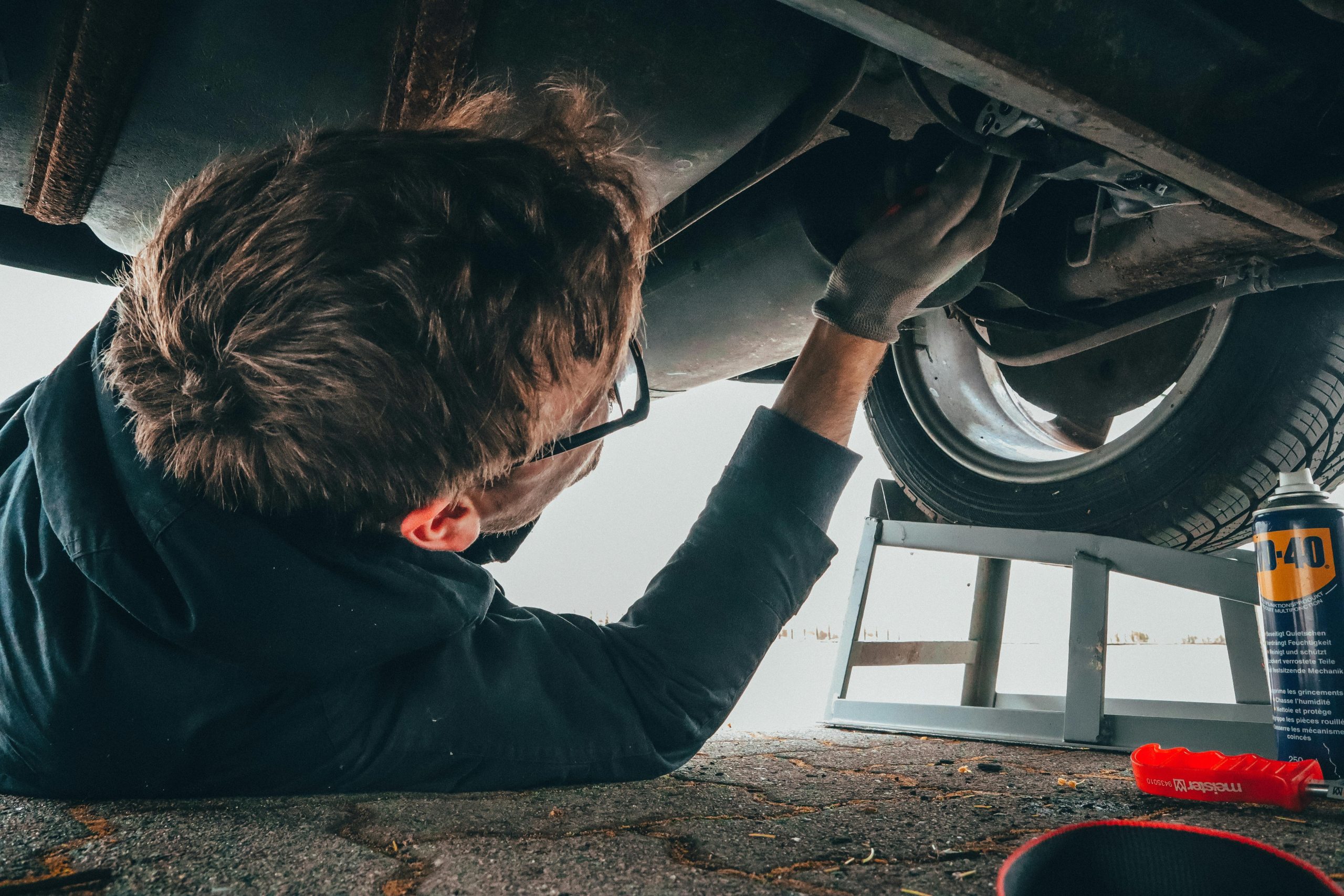Title: How to Track a Driver’s Insurance Using License Plate Information After an Accident
Understanding Your Options When You Have a Hit-and-Run or Uninsured Driver
Encountering unexpected road hazards or causing minor collisions can be stressful, especially when it involves damage to your vehicle. Recently, I faced a situation on California’s highways where a traffic cone, dislodged from a truck, struck my front bumper, causing noticeable damage. Fortunately, I was able to record the incident with my dashcam, capturing the license plate of the vehicle responsible.
Using License Plate Details to Identify Insurance Information
After the incident, I submitted the license plate details to my insurance company. However, they faced difficulty retrieving the Vehicle Identification Number (VIN) directly from the license plate. To assist, I utilized various online tools to obtain the VIN and provided it to my insurer.
Can Insurance Companies Identify Vehicle Owners and Their Insurance from a License Plate?
Typically, insurance providers can access vehicle registration data, including owner details and coverage information, through internal databases or state DMV records, provided they have the license plate number. However, this process may vary depending on your jurisdiction and whether the insurer has the necessary permissions. For an efficient claim process, sharing the license plate number early on can often facilitate the insurer’s ability to identify the responsible party’s insurance details.
Steps to Take After Discovering License Plate Information
- Notify Your Insurer: Share all available evidence, including dashcam footage and license plate details.
- Request Insurance Search: Ask your insurer if they can directly retrieve the responsible driver’s insurance information using the license plate.
- Consider Legal Avenues: If the insurance information isn’t readily available, you might need to file a police report or seek legal advice to pursue compensation.
- Document Everything: Keep records of all communications, evidence, and reports related to the incident.
Additional Tips to Protect Yourself
- Always record the incident scene, especially any contributing factors.
- Report the incident promptly to authorities and your insurer.
- Understand your insurance policy and deductible terms beforehand.
Has this happened to you? Share your experience and tips below.
Dealing with vehicle damage and identifying responsible parties can be challenging, but leveraging license plate information is a valuable step. Staying proactive and informed ensures you’re better prepared should similar situations occur.



